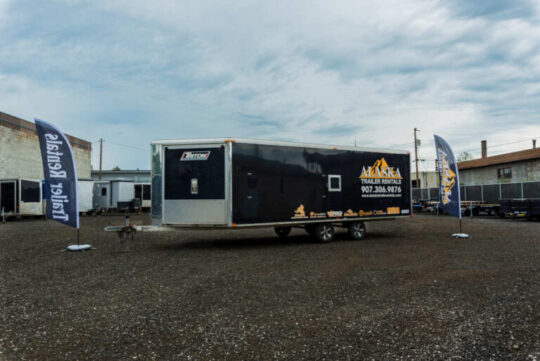Modern trailer dealerships using software, the way you process credit card transactions can make a significant difference to your bottom line. Keyed transactions and card present transactions are the two methods of processing credit card payments. Understanding the differences between these two methods can help you make informed decisions that can save your dealership money and reduce your risk of fraud.
Keyed transactions occur when the customer provides their credit card information manually, without the physical presence of the card. The credit card information is entered into a payment terminal or online payment portal. Card present transactions, on the other hand, occur when the customer presents their credit card physically at the point of sale.
From the dealership’s perspective, card present transactions are the more favorable option because they carry lower processing fees. According to a study by CreditCards.com, the average processing fee for a keyed transaction is 3.5%, while the average for a card present transaction is 1.8%. This means that if you were to process a $10,000 using a sales management system, you would pay $350 in processing fees for a keyed transaction, compared to just $180 for a card present transaction.
In addition to the lower processing fees, card present transactions also offer an added layer of security for dealerships. When a customer presents their physical card, it is easier to verify the identity of the cardholder and ensure that the transaction is legitimate. This helps to reduce the risk of fraudulent transactions and chargebacks, which can be costly for dealerships.
However, it is not always possible or practical for customers to make card present transactions. For example, if the customer is unable to physically visit the dealership, they may prefer to pay using their credit card online or over the phone. In these cases, keyed transactions may be the only option. It is therefore important for dealerships to strike a balance between offering convenient payment options for customers and minimizing processing fees and fraud risks.
To further reduce processing fees, dealerships can also consider using payment processors that offer interchange optimization. Interchange optimization involves selecting the most cost-effective interchange rate for a given transaction. This can result in additional savings for the dealership and help maximize profitability.
Understanding the differences between keyed and card present rates is crucial for trailer dealerships to make informed decisions about payment processing. While card present transactions offer lower processing fees and added security, it may not always be practical or possible. Dealerships need to balance convenience for customers with profitability for the dealership. By optimizing payment processing strategies, dealerships can improve their bottom line and reduce their risk of fraud.

